UNCEDED MUSQUEAM, SQUAMISH, AND TSLEIL-WAUTUTH TERRITORIES/VANCOUVER, BC - The Alliance of BC Students is disappointed that Budget 2023 includes little of what students have been asking for in recent years. Budget 2023 misses the mark on supporting students with affordability, sexualized and gender-based violence, and equal treatment for international students.
Students have been hit hard over the last several years by escalating tuition fees, soaring food prices, and exorbitant housing costs. Although adjusting student loan maximums and repayment timelines may temporarily help to make post-secondary education more accessible for some, it does not address the costs of living and education that force students to take on debt in the first place.
“Budget 2023 doesn’t address the root causes of the affordability of post-secondary education or living costs in BC,” said Aryanna Chartrand, Chairperson of the Alliance of BC Students. “Students have been advocating for an increase to the BC Access Grant for years, and it was disappointing to see government increase the ability for students to take on debt while not increasing the BC Access Grant. We’ve also advocated for expanding access to the BC Access Grant to graduate students, who face additional affordability pressures with significantly less funding options as undergraduate students.”
Students living on campus would also not be eligible for the Refundable Renter’s Credit as they are not covered by the Residential Tenancy Act, and as the government signals their intent to increase student housing at post-secondary institutions, the crisis of sexualized and gender-based violence on campus continues. The ABCS maintains that funding student housing initiatives while leaving sexualized and gender-based violence supports on campus under-resourced and underfunded is both irresponsible and dangerous.
“We cannot invite more students to live on campus without first making sure that there are well-funded supports in place to prevent and respond to sexualized and gender-based violence,” Chartrand emphasized. “Current legislation does not even mandate minimum standards for post-secondary institutions’ sexualized violence policies.”
The post-secondary system is increasingly reliant on international students to generate revenue. With no limit on how much post-secondary institutions can increase tuition each year, international students are faced with enormous increases from one year to the next. With no predictability or stability during their time studying in BC, international students find it hard to pay for their education and the rising cost of living.
“International students are facing ever-increasing tuition fees and costs of living, forcing them to work long hours and contributing to mental health issues,” Chartrand explained. “International students are an integral part of our society and contribute to the diversity of our province. They have been exploited by post-secondary institutions to make up for the lack of funding from the government. It’s time for BC to stop relying on international students to fund our post-secondary system and cover international students under the tuition limit policy.”
The post-secondary education sector in BC has been severely underfunded for decades, with the proportion of provincial grant funding for institutions decreasing from 90% in 1979 to 34% in 2020. Students and their families have had to make up the difference, with undergraduate tuition rising 185% from 1991 to 2018 and international student tuition increasing 485%.
The Alliance of BC Students will continue to advocate for the needs of post-secondary students across the province and hopes to see further investment in critical areas in the future.
For more information please contact:
Aryanna Chartrand
Chairperson
Pronouns: she/her
e: chairperson@bcstudents.ca
www.bcstudents.ca
The Alliance of British Columbia Students is a non-partisan society of student associations representing undergraduate, graduate, and trades students from across the province that exists to advocate on issues that affect post-secondary students in British Columbia.
